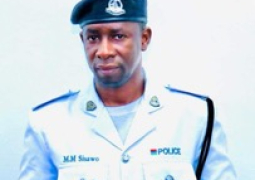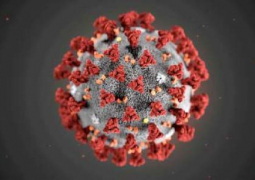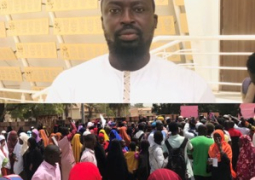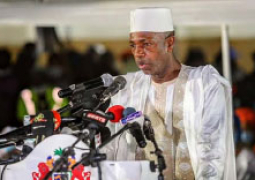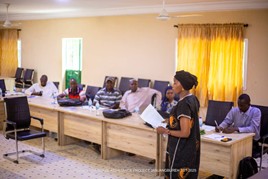
The workshop brought together elected local government representatives, including all-female councilors from both CRR North and South of the region, as well as representatives from the Kuntaur and Janjanbureh Area Councils.
The training is part of an ongoing two-year project supported by the UNESCO 2003 Convention Secretariat. Its goal is to inventory and document aspects of intangible cultural heritage across 30 communities in CRR. This includes traditions such as ceremonies, rituals, oral histories, languages, craft skills, and other forms of traditional knowledge. The final output will form a comprehensive National Register of Intangible Cultural Heritage for The Gambia.
The Director General of NCAC thanked the councilors for their strong response and active participation. He emphasized that the success of the project depends on close collaboration with local government authorities.
“Councilors are at the grassroots level—they have firsthand knowledge of the customs, values, and heritage of their communities,” he stated. “The NCAC is fully committed to working hand in hand with area councils to elevate culture and heritage in national development,” the Director General added.
He added that Dr. Gankhanani Moffat Moyo, an expert from Zambia assigned by UNESCO, facilitated the workshop, providing guidance and technical input to support the implementation of the ICH inventory exercise.
Participants expressed enthusiasm for the initiative and pledged their cooperation in helping document and preserve the unique cultural expressions found within their communities. The workshop sets the stage for the full rollout of the inventory activities, expected to begin across CRR in May 2025.


